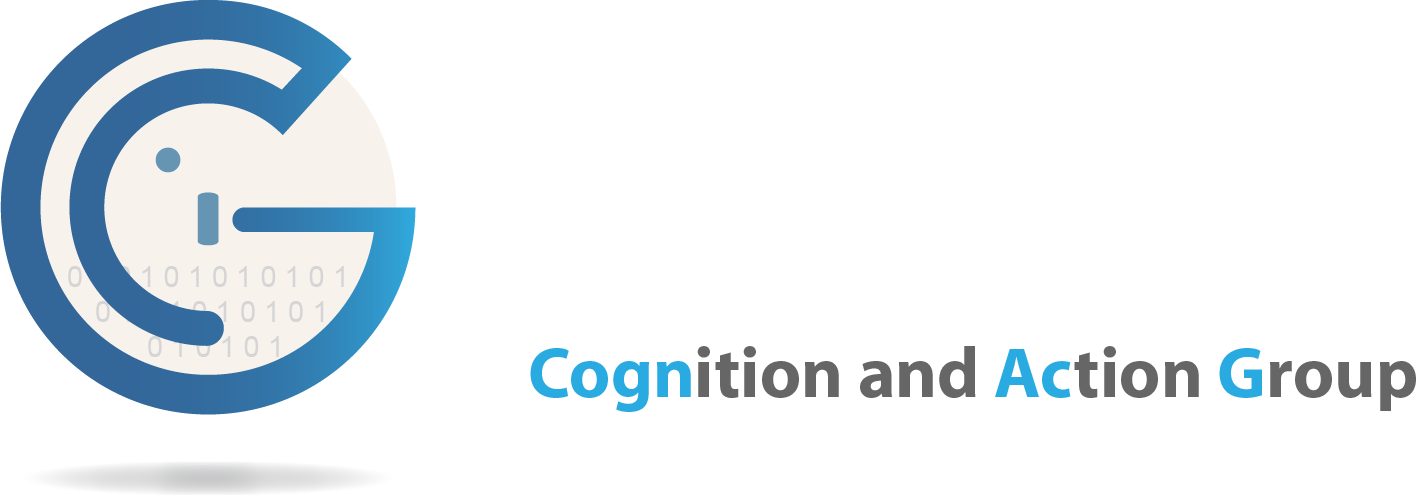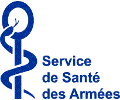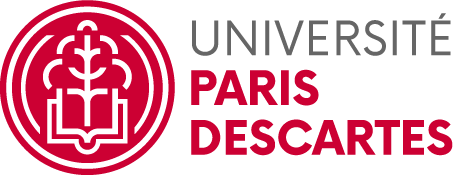Welcome to COGnition and ACtion Group.
Cognac is also the favorite drink for many members of the laboratory.
Théodore-Ernest Cognacq (1839–1928) and his wife Marie-Louise Jay (1838–1925) were the founders of La Samaritaine, an important art deco department store in Paris, France. They were exceptional philanthropists who built a remarkable collection of fine art and decorative items, about 1200 items in total with an emphasis on the 18th century in France, ranging from European and Chinese ceramics, jewels, and snuffboxes, to paintings. The collection was given to the City of Paris. The Cognacq-Jay museum can be visited for free at the Hôtel Donon in the 3rd arrondissement at 8 rue Elzévir.
Origin of the project
Around 2008, it became clear to us that the new technologies (videogame industry, biotechnologies, internet, etc.) were developing non-invasive or minimally invasive tools at reasonable costs to quantify the behavior of individuals, including their biological, psychological, and sociological characteristics, as well as their genotypes. In that process, it was confirmed that the human population is very polymorphic at every level investigated : genomics, proteomics, and, importantly, ethomics. In contrast, individuals tend to be surprisingly consistent in time. In the past ten years, we have conducted several studies which confimed that this was also the case in the field of sensory and motor control both in human and animal models.
It led us around 2010, and presumably many others, to three hypothesis :
First, training humans to perform complex tasks, maintaining them in good health by detecting their pathologies at early stages, and determining their optimal therapy will require us to customize whatever is necessary to maintain their efficiency as operators and their well being. Our future is to be sur mesure.
Second, building large stacks of personal databases regrouping sensorimotor, biological, psychological, and sociological variables will be the key of our “maintenance” as a biological and cognitive machine.
Third, building and mining databases on the human behavior will confer major political and economic leverage to those who control them. Who is in the starting block ? Google, Facebook, Sony, and Nintendo surely, but what about the researchers interested in sensorimotor control ? So, during the past three years, we undertook several preliminary studies aimed at building databases on sensorimotor human behavior in various environments. It turned out to be fascinating, complex, and multidisciplinary in nature. Then, we realized that applying the same logic to animal models could benefit the study of the cellular basis of post lesional plasticity of the central nervous system (CNS), a long time research topic for some of us. In the mean time, we also organized for a year a panel for the Ministère de la Défense on Human Machine Interface and we created a specialty on neuroengineering in the Biomedical Engineering Master Program at Paristech – Paris Descartes. All these preliminary studies, reflections, and hypotheses converged to propose the creation of COGnition and ACtion Group in 2014.
Human groups
COGnition and ACtion Group is a cooperative project that investigates the long-term follow up of human groups (ethomics), which have in common to be engaged in complex behavioral tasks during a long stretch of time. These populations require to be followed in order to evaluate their training and once trained to check that their skills are operational. They also need to be monitored carefully to avoid excessive pressures, which could lead to pathologies such as the burnout syndrome, overtraining, and PTSD. We propose to name these groups “High Maintenance Cohorts” or HMC. They are very diverse and, given the evolution of society, their number will inevitably rise. To quote a few examples, HMC includes military groups in active duties, athletes at high levels of competition, patients with neurological diseases, patients in reeducation, psychiatric patients, people with heavy chronic handicaps, very senior citizens, etc. They also include groups of humans, which are only intermittently put in very demanding conditions. For instance, the passengers of long flights face heavy constraints in term of space, vigilance, anxiety, immobilization, etc.
Animal models
Animal models are a natural prolongement of the long-term follow up of the High Maintenance human Cohorts (HMC) we intend to study. Indeed, these HMC encompass neurological and psychiatric patients at the acute stage and in the course of their rehabilitation, which are experiencing the high and the low of a plastic brain. The implementation of the animal studies is going to follow a similar logic than HMC : learning to monitor and quantify the behavior of the animal models under scrutiny, investigating how to use these measurements to build databases of behavioral, cellular and electrophysiological data and using these databanks to investigate the mechanisms of plasticity. In that process, we are of course going to capitalize on the expertise we are developing in human groups. In addition, the former members of the CESeM and the current members of COGnition and ACtion Group have developed several methods to monitor the rodents behavior : we can precisely quantify in mice and rats, the eye, the whisker and the body movements in three dimensions. The body movement recordings are based on original methods developed in collaboration with the INRIA, using an array of cameras and three dimensional cineradiography. Several new non-invasive sensors are currently in development to monitor the core temperature, the heart frequency, the glucose concentration, the blood oxygenation, the blood pH, and the blood pressure. The now extensive use of RFID allows to transfer information through WIFI system. That is, it becomes possible to keep an animal in a group, to record several of its physiological parameters, while avoiding human presence and identifying them it in the cohort.





Comments are closed, but trackbacks and pingbacks are open.